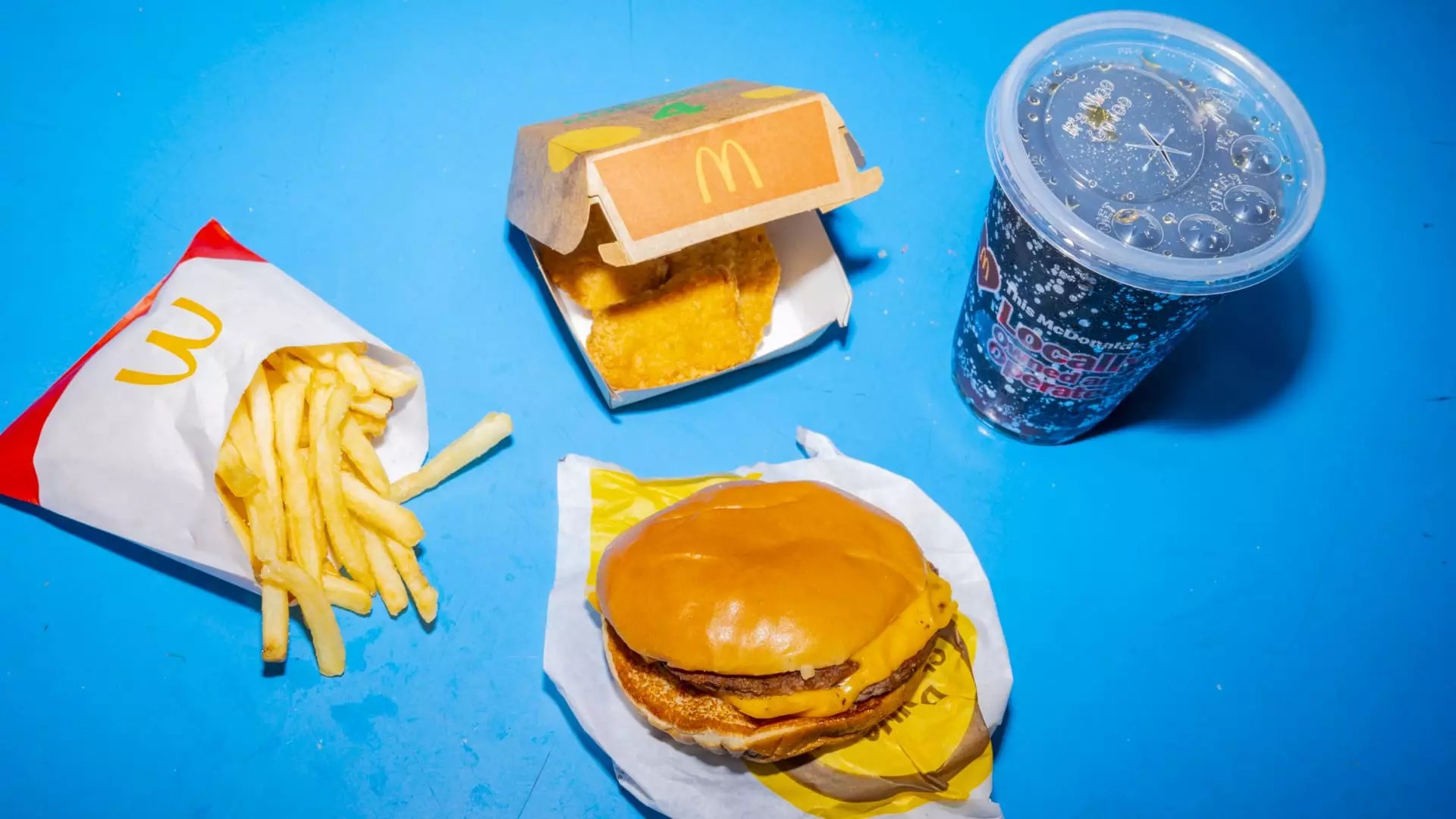In the competitive landscape of the fast-food industry, McDonald’s is making significant strategic adjustments to retain and attract customers, particularly among lower-income demographics. Recently, the company announced that its $5 value meal will remain available into December across most U.S. markets. This decision reflects a deliberate response to changes in consumer behavior and economic conditions, particularly as inflationary pressures have caused diners to tighten their spending habits.
The $5 value meal is a well-curated bundle that includes a choice of a McDouble or McChicken sandwich, small fries, four-piece chicken nuggets, and a small soft drink. This combination not only provides an affordable meal option but also appeals to the desire for variety among customers. Franchise feedback has been overwhelmingly positive, with about 80% of local markets supporting the extension, indicating strong local demand for budget-friendly meals. This sentiment is further validated by additional ongoing voting, which may result in even more locations benefiting from these promotions.
McDonald’s isn’t alone in its push for value; the entire restaurant sector has pivoted toward affordability in the wake of consumer scrutiny. Competitors like Burger King and Starbucks have similarly rolled out value-driven deals to retain their customer bases. The summer months saw a noticeable shift in spending habits, with many consumers re-evaluating their dining choices due to ongoing inflationary pressures and overall economic uncertainty.
Despite the introduction of the value meal, McDonald’s has faced challenges, particularly evident in the declining second-quarter same-store sales reported in July. In a memo to company operators, U.S. President Joe Erlinger expressed concern over the diminishing consumer perception of affordability. He outlined the need for a long-term strategy to regain the narrative of value as essential to McDonald’s brand positioning. These realizations signify that customers are not only price-sensitive but are also looking for evidence that the brand understands and meets their economic realities.
As McDonald’s embarks on this journey to reestablish its reputation for value, it is crucial that the company implements sustained and coordinated actions. Erlinger pointed out in his memo that reversing public sentiment cannot happen overnight; it requires patience and consistent effort. The strategy should involve not just promotional pricing, but also a commitment to quality and service that reaffirms the brand’s dedication to customer satisfaction.
Through the extension of the $5 meal deal and other local promotions, McDonald’s is taking significant steps to cater to its customer base, especially those who are more budget-conscious. By focusing on affordability and value, alongside a transparent acknowledgment of current economic challenges, McDonald’s appears poised to reclaim its standing as a leader in the fast-food industry. As the landscape continues to evolve, the company’s ability to adapt and respond effectively to consumer demands will determine its long-term success.


Leave a Reply